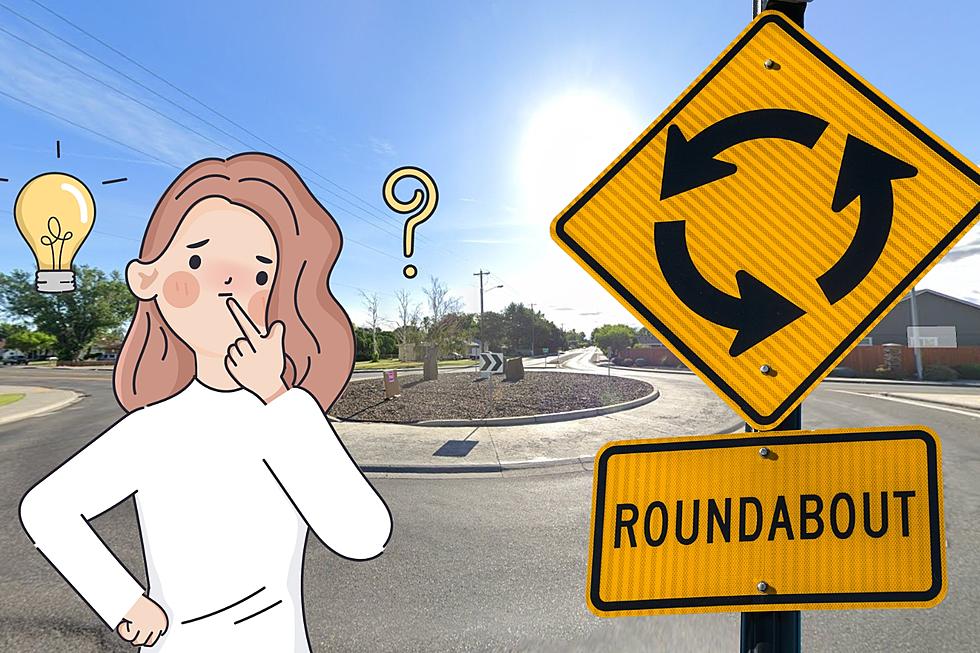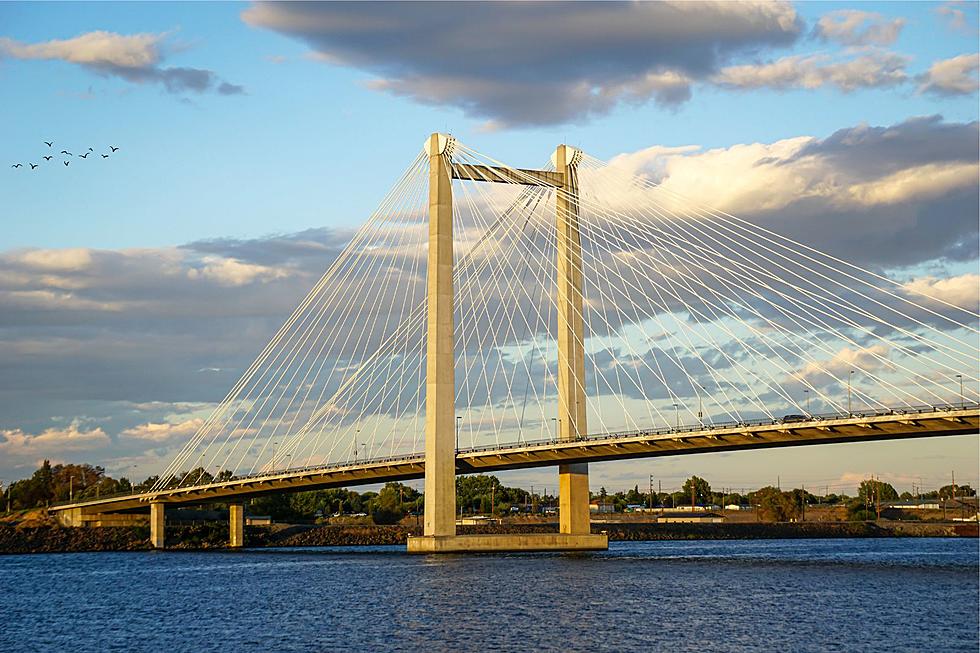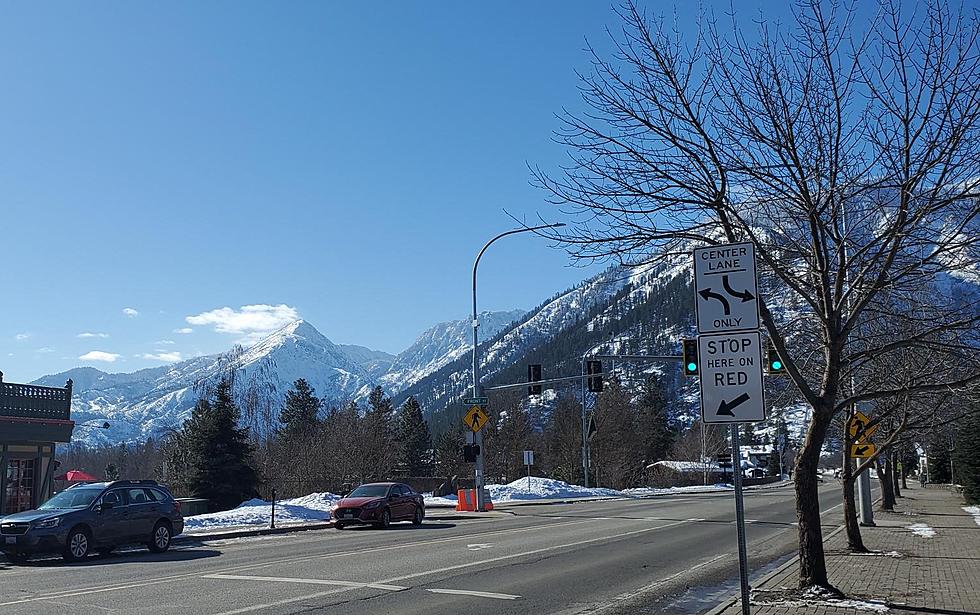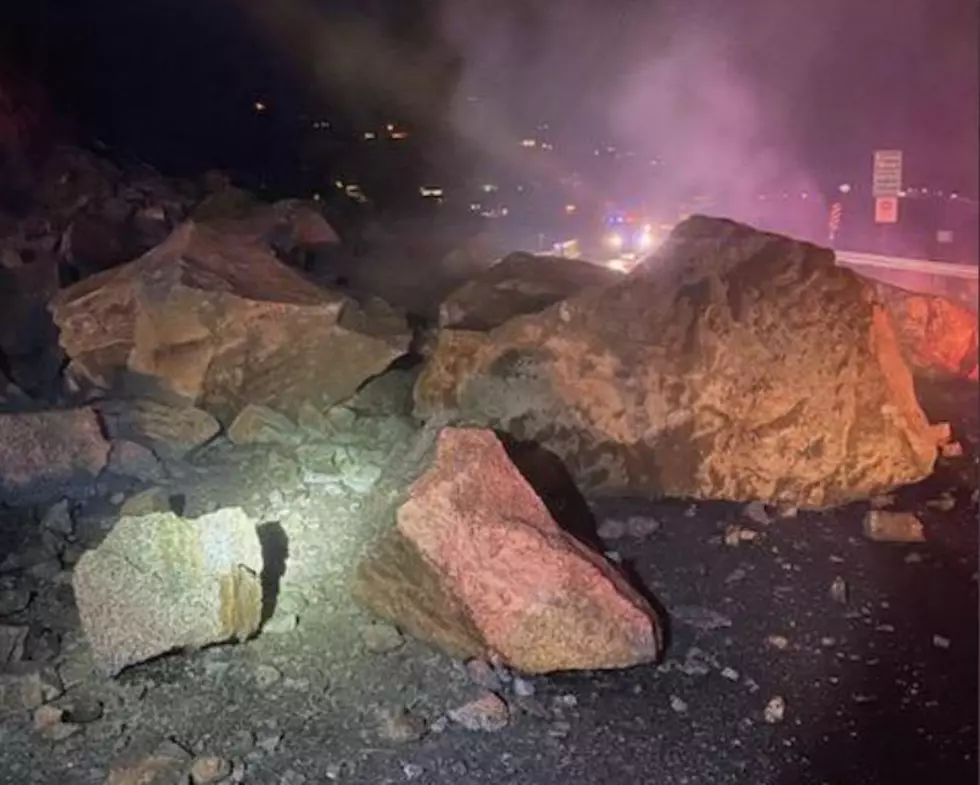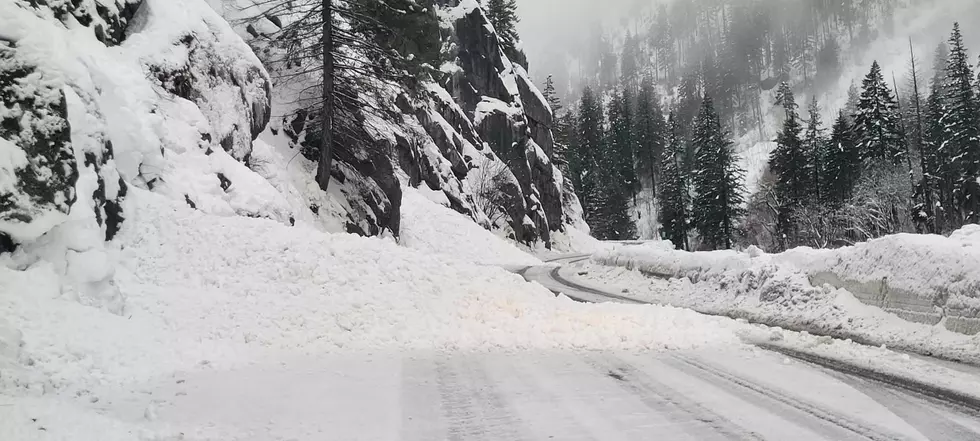
Two WSDOT Plows Hit Within 12-Hour Span In Eastern Washington
The Washington Department of Transportation is recovering after two of its plows were hit by vehicles in a single 12-hour period.
Both plows were struck in Eastern Washington, and there have been reports of cars passing plows on the shoulder and giving obscene gestures to plow drivers in the process.
WSDOT spokesperson Joe McHale says passing a plow is always risky, and is especially dangerous when doing so on the right-hand side.
"A driver tried passing on the right," said McHale "Some of the snow that was being plowed of the roadway hit that vehicle, causing it to swerve and run into our plow. So, we just encourage the traveling public to travel at a safe distance. Don't crowd the plow."
The car hit the plow from the right-side last week, while two vehicle hit plows within 12 hours between Sunday evening and Monday morning.
The case on Sunday involved an impaired driver who was charged with DUI.
The snow plows travel at a maximum speed of 35 mile per hour, specifically because they're treating the road with ingredients to break down snow and ice.
If they traveled any faster, the ingredients would spread off the roadway, which McHale says is useless and a waste of tax payer money.
He also says WSDOT will sometimes use three to four plows in tandem on roadways such as I-90. They're typically staggered to allow for the roadway to be cleared in one pass.
Drivers will sometimes weave around staggered plows, which is extremely dangerous.
McHale says a plow that gets hit ends up sidelined for an extended period of time.
"If one of our plows gets hit, what that ends up doing is, no matter the damage, they still have to stop," McHale said. "And their still has to be an accident report done. And that could take 15-20 minutes. And during that time, the roads aren't being treated. And so, then it becomes more unsafe for the traveling public."
More From 610 KONA
